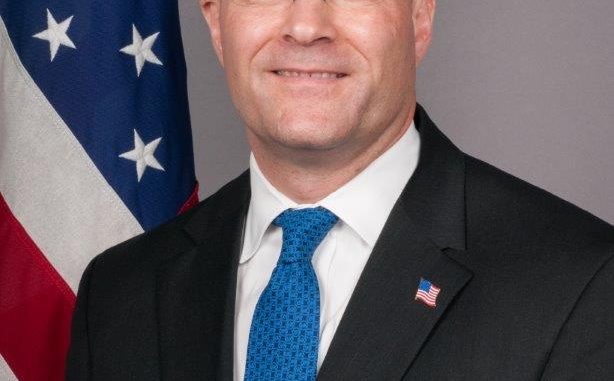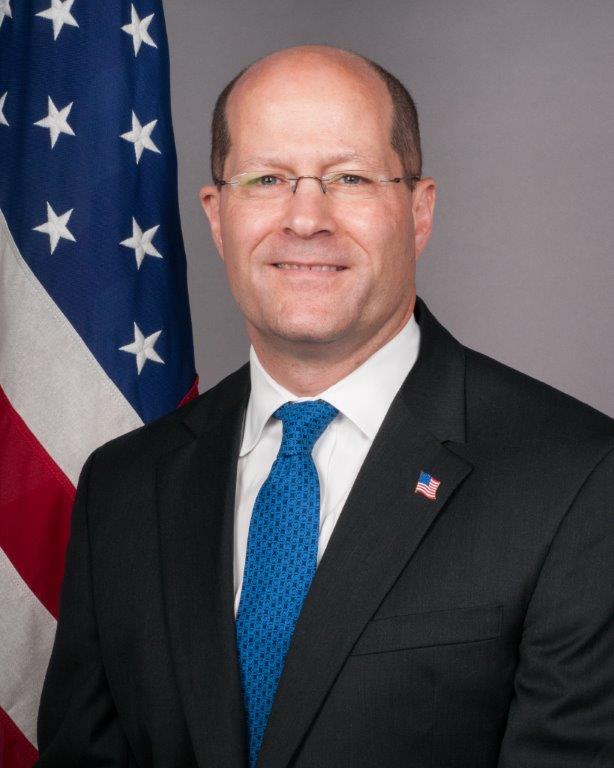
The United States was proud to celebrate the International Day of the Girl on October 11 with Sierra Leoneans and with our partners across the globe, and we are organizing a number of activities across the country during October to mark the day and what it means.
The United Nations established the day in 2011 as a reminder that girls everywhere continue to suffer disproportionately from discrimination, violence, and economic inequalities. The day inspires us to work together to ensure that all young people—both girls and boys —have equal opportunities to make a better future for themselves, their families, and their countries.
AMBASSADOR JOHN HOOVER
Great strides have been made in improving the lives of girls and women over the past two decades. But we still live in a world where girls are often not appropriately valued or respected. Worldwide, one in three girls in the developing world will be married before turning 18, and 62 million girls are not in school. Globally, an estimated 150 million girls have experienced sexual violence, and nearly half of all sexual assaults are committed against girls younger than 16 years of age.
Here in Sierra Leone, despite great progress on many fronts, the story is much the same — or worse. One in eight girls born in Sierra Leone will die during childbirth. Forty-eight percent of those who survive childbirth will be married before they turn 18, and they are more likely to be sexually assaulted than to attend high school. These statistics speak to the grinding poverty and the low level of education that impede the country’s development. They also speak to discriminatory beliefs and practices against girls and women. This kind of bias against girls is unfair, unjust, and morally wrong. For this reason, we should be motivated to foster change. We should also reevaluate our attitudes and practices towards girls because improving their lives is the smart thing to do.
The evidence is overwhelming that countries can only progress economically, socially, and politically when girls participate fully in all aspects of society. We know that communities that give their daughters the same opportunities as their sons are more peaceful and more prosperous. We can start with something everyone can agree on: education. A child born to a mother who can read is 50% more likely to live past age five. Every year of schooling increases a girl’s future earning power by 10-20 percent, and the return on secondary education is even higher. Adolescent girls who attend secondary school will be healthier, marry later, and raise fewer and healthier children. This is good for them, and it’s also good for their families, their communities, and their countries.
When girls are educated and empowered, there is greater peace, justice, and prosperity for all.
The author is U.S. Ambassador to Sierra Leone, John Hoover




